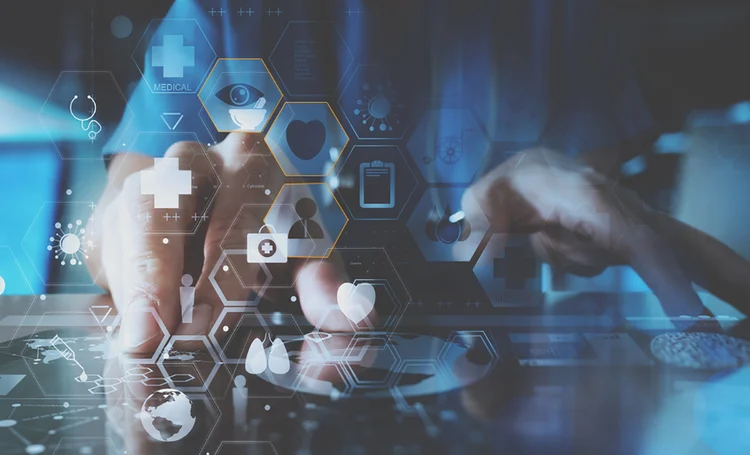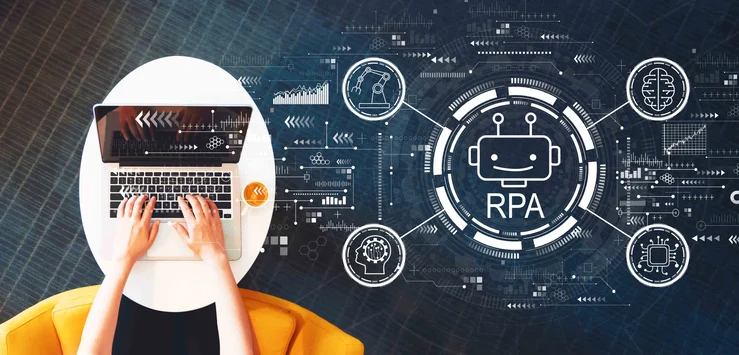
Embracing Guest-Centrism: Powering the Modern Era of Central Reservation Systems (CRS)
A Guest-Centric Approach Redefined In the past, SHR Group placed the Central Reservation System (CRS) at the core of the distribution process. However, our vision has evolved, and we now position the guest at the heart of the system. Empowering independent hotels and regional brands, our comprehensive product suite, featuring the Internet Booking Engine (IBE) […]
Read more








